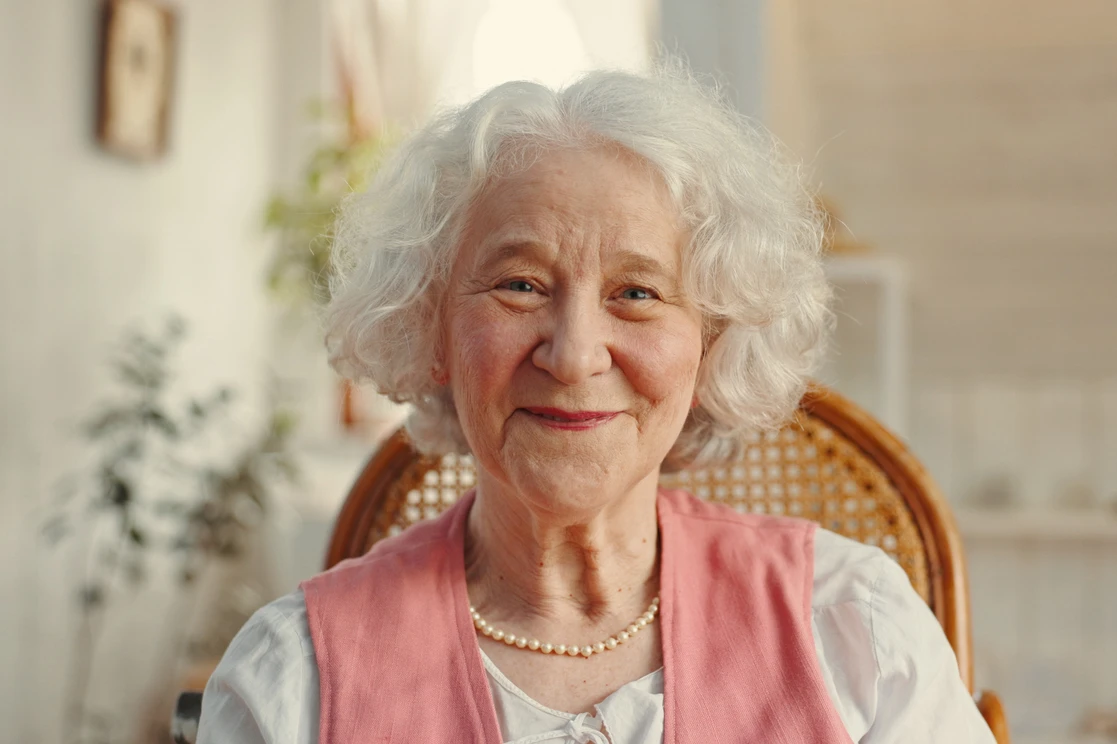
One of the most common misunderstandings about dementia is that it only affects people in their 80s or older. While age is a risk factor, the reality is more nuanced — and for many families, the first signs appear earlier than expected.
At Carefield at Artesian of Ojai, we support families who are often surprised to learn that dementia can begin in the 60s — or even earlier in some cases. Recognizing when dementia can start and what to look for can help families make informed decisions about care, support, and quality of life.
At what Age Can Dementia Develop?
Dementia typically becomes more common as people age, especially after age 65. But it can, and does, appear earlier. This condition affects memory, reasoning, behavior, and communication and develops over time due to changes in the brain.
Early-Onset Dementia
Roughly 5–6% of Alzheimer’s cases are considered early onset, meaning symptoms begin before the age of 65. It can start in a person’s 40s or 50s — although this is less common and often underdiagnosed.
In most cases, noticeable symptoms appear between ages 65 and 75. As each decade progresses, the risk increases. According to the CDC, 1 in 9 adults over 65 has Alzheimer’s disease.
What’s important to remember is that dementia is not a normal part of aging, and early signs should not be dismissed as “just getting older.”
Stages of Dementia: The Early Stage
Dementia is a progressive condition, which means it gradually worsens over time. To help families and care providers respond appropriately at each point in the journey, experts often describe dementia in three broad stages: early, middle, and late.
Understanding these stages is key to providing the right support at the right time, and early recognition can make a meaningful difference in quality of life and care planning.
Early Stage Dementia
In this phase, symptoms are often mild but persistent. A person may still live independently, drive, or handle many daily tasks, but something feels different. This is often the stage where families start to feel something is “off,” even if they can’t quite name it.
Common early-stage signs may include:
- Frequent memory lapses, especially for recent events
- Repeating questions or stories within a short period
- Difficulty finding the right words or following conversations
- Trouble planning, organizing, or solving problems (e.g., managing bills)
- Getting confused about time, place, or directions
- Misplacing items and struggling to retrace steps
- Noticeable mood or personality changes, such as increased anxiety or withdrawal
- Reduced interest in social activities or hobbies
Because these symptoms can be subtle, they’re often attributed to stress, aging, or distraction. But over time, patterns emerge, and recognizing them early helps families act sooner.
At Carefield at Artesian of Ojai, our team often supports residents who enter memory care in this early phase. This allows us to build routines, comfort, and connection before greater challenges set in.
Are There Ways to Prevent Dementia?
While there is currently no cure, researchers continue to study lifestyle changes that may reduce the risk or delay the onset of dementia.
According to research, healthy lifestyle habits could delay or reduce the risk of dementia include:
- Physical activity (walking, stretching, balance)
- Healthy diet, such as the Mediterranean diet
- Mental engagement (games, reading, puzzles)
- Social interaction
- Sleep quality
- Managing chronic conditions (like diabetes or hypertension)
At Carefield at Artesian of Ojai, we integrate these principles into our daily routines — from community fitness classes to garden walks and life-enrichment programming that encourages engagement at every cognitive level.
When to Consider Memory Care?
The right time for memory care isn’t about reaching a certain age or diagnosis. It asks: “Is my loved one safe, supported, and living a fulfilling daily life?”
Here are signs that it may be time to consider a memory care community like Carefield at Artesian of Ojai:
- They forget to take medications or manage their health needs
- You’ve noticed unsafe situations (leaving the stove on, wandering)
- They’ve become more withdrawn or anxious
- Their sleep schedule is disrupted, or they’re experiencing sundowning
- You feel emotionally or physically overwhelmed as their primary caregiver
Choosing memory care doesn’t mean you’re stepping away. It means you’re adding a team of trained professionals who know how to meet the needs of someone with dementia so that you can focus on connection and presence, not just logistics.
Supporting Your Loved One Through Every Stage
Dementia is a journey. Each person walks it differently. Some experience slow decline; others change more quickly. What matters most is that you don’t have to walk it alone.
At Carefield at Artesian of Ojai, we design our memory care program to meet residents where they are. We focus on:
- Structure and familiarity that create a sense of calm
- Trained staff who know how to respond to cognitive shifts gently
- Comfortable, secure spaces that feel like home
- Activities that honor abilities, not limitations
As dementia progresses, residents receive increasing levels of support, from help with personal care to redirection during episodes of confusion or anxiety. We also support family members, helping them understand what to expect and how to stay connected meaningfully, even when words fade.
If your loved one is experiencing behavioral changes in the evening, be sure to check out our guide: Early Signs of Sundowning and How to Respond Calmly.
Aging Doesn’t Mean Going It Alone
There’s no single answer to the question, “At what age does dementia begin?” But there are clear signs to watch for and real options for support.
Whether you’re just starting to notice changes or deep in the caregiving process, memory care can offer calm, clarity, and community when you need it most.





